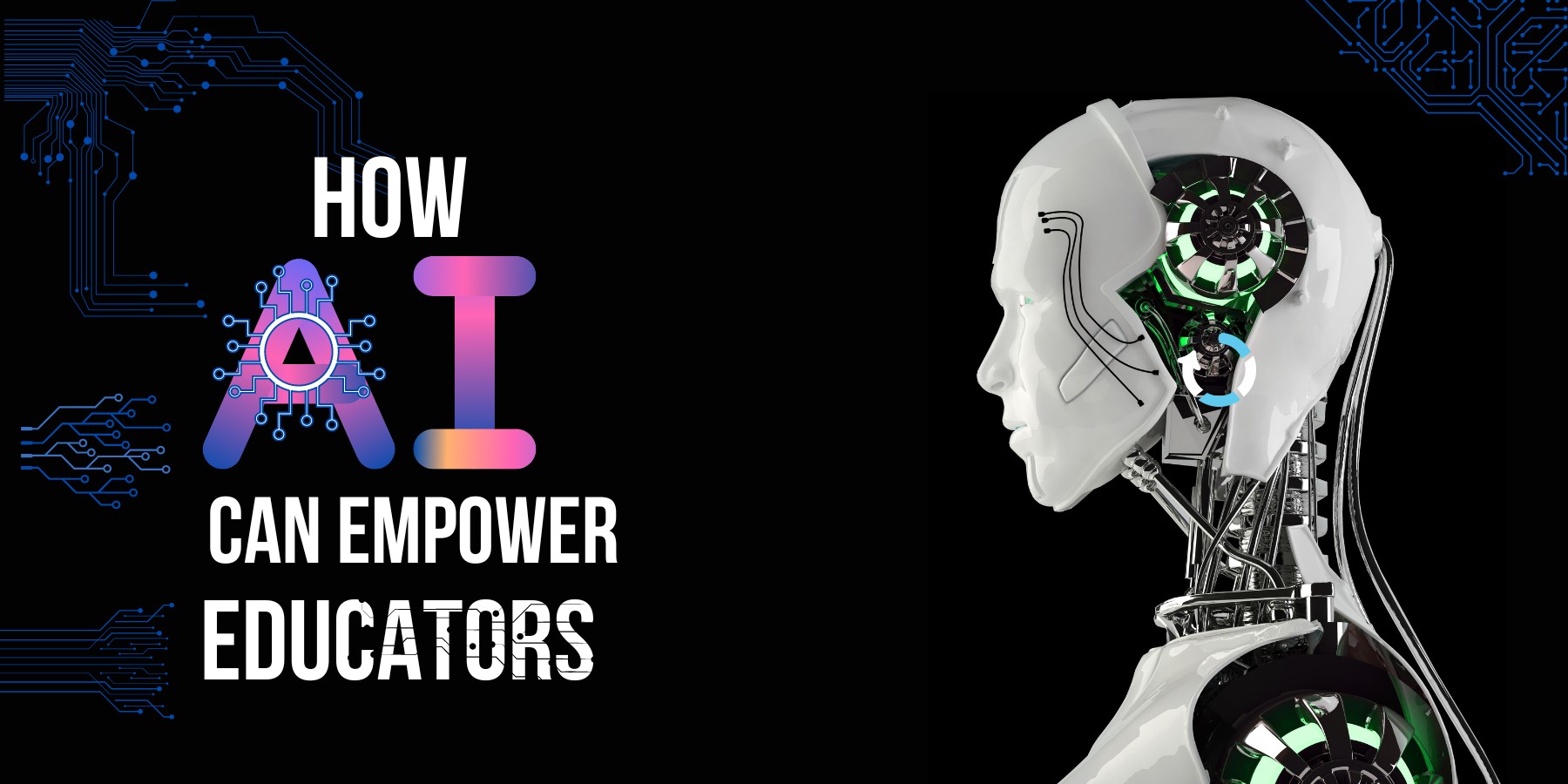
From Reactive to Predictive: AI’s Impact on Online Assessments
In recent years, advancements in artificial intelligence (AI) have revolutionized various industries, and one area where its impact is particularly significant is online assessments.
Traditionally, assessments were reactive in nature, offering limited insights into a learner or candidate's abilities. However, with the integration of AI, online assessments have transitioned from reactive to predictive, offering a more comprehensive and insightful evaluation process.
This blog explores how AI has transformed online assessments, leading to more accurate predictions of learner performance and revolutionizing the assessment landscape.
Enhanced Objectivity and Elimination of Bias
AI-powered online assessments bring objectivity and fairness to the evaluation process. Human bias, conscious or unconscious, can influence decisions during traditional assessments. AI algorithms, on the other hand, evaluate candidates solely based on their responses, eliminating bias based on factors such as gender, race, or personal connections. This enables organizations to make more informed and unbiased decisions, ensuring equal opportunities for all candidates.
Intelligent Grading and Feedback
In addition to eliminating bias, AI-powered online assessments can grade candidate responses quickly and accurately. AI algorithms also provide real-time feedback; this allows candidates to gain more accurate and relevant insights into their performance, increasing their chances of success.
Machine learning algorithms can also evaluate and score various types of assessments, including multiple-choice, essays, and coding assignments. This automation not only saves time but also ensures objectivity and consistency in grading.
Furthermore, AI can provide instant feedback to students, highlighting areas of improvement and offering personalized guidance for further learning.
Adaptive Assessments
AI enables the creation of adaptive assessments that dynamically adjust the difficulty level of questions based on a candidate’s previous responses. This personalized approach allows for a more accurate evaluation of a candidate’s abilities. Adaptive assessments can quickly identify a candidate’s strengths and weaknesses, providing valuable insights for both educational institutions and employers. By tailoring the assessment to each individual’s skill level, AI helps create a more engaging and meaningful evaluation experience.
The rise of AI in online assessments has been a game-changer for the way organizations and educational institutes evaluate potential job candidates and learners. While traditionally, assessments were used as a reactive measure to gauge an applicant's suitability for a role, today they can be used in much more proactive ways.
Automated Evaluation and Grading
Gone are the days of manually grading assessments. AI automates the evaluation and grading process, significantly reducing the time and effort required from human assessors. Machine learning algorithms can analyze large volumes of data, such as essays or coding assignments, providing accurate and consistent results. This not only saves time but also enhances efficiency and scalability, allowing organizations to handle a greater number of assessments without compromising quality.
No longer are assessments simply reactive – used to measure skills and knowledge that have already been acquired. Instead, they can now be used proactively to provide actionable insights for teachers, students, and administrators. By incorporating data-driven analytics into the assessment process, educators can better understand how a student or employee is performing in real-time and identify areas of improvement.
Data-Driven Insights
The integration of AI in online assessments has transformed the hiring and educational landscape significantly. By leveraging historical assessment data, machine learning algorithms can predict a candidate’s future performance and success with a high degree of accuracy. This allows organizations to make informed decisions based on data-driven insights, increasing the likelihood of selecting the most suitable candidates or identifying areas for improvement in educational settings.
AI enables the identification of patterns and trends, helping educational institutes and organizations optimize their assessment strategies and improve their overall evaluation processes.
Conclusion
AI has propelled online assessments from a reactive evaluation approach to a predictive and data-driven one.
By leveraging the power of AI, organizations and educational institutions can achieve enhanced objectivity, eliminate bias, and obtain a more comprehensive understanding of candidates’ capabilities.
From adaptive assessments to automated evaluation, AI has revolutionized the assessment landscape, making the process more efficient, scalable, and insightful. With continued advancements, AI-powered online assessments will continue to reshape the way organizations and educational institutions evaluate talent, leading to better hiring decisions and improved learning outcomes.








